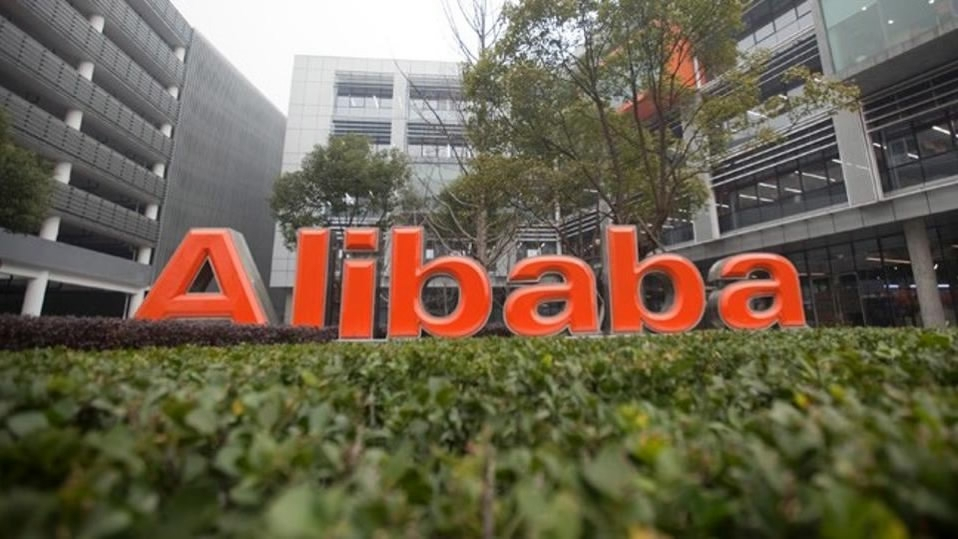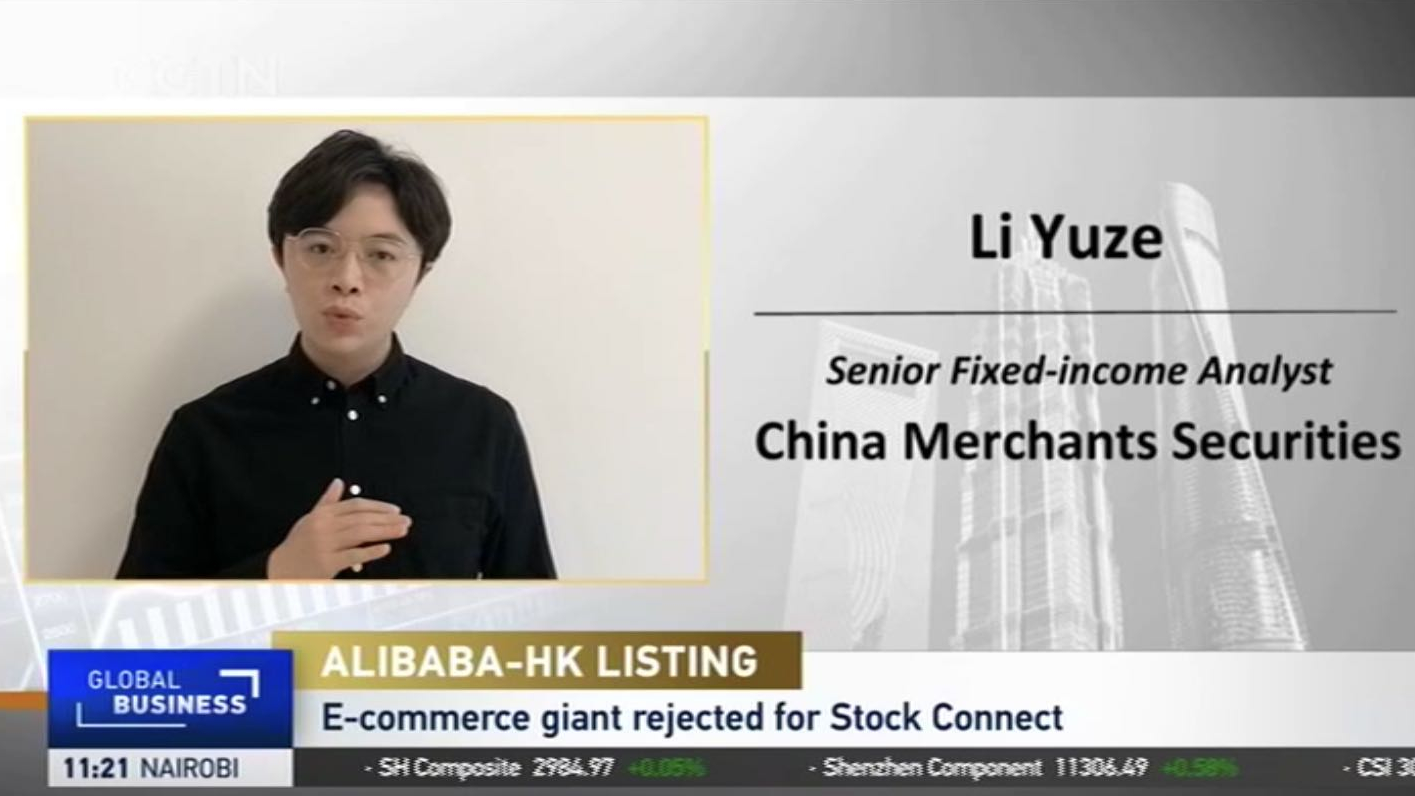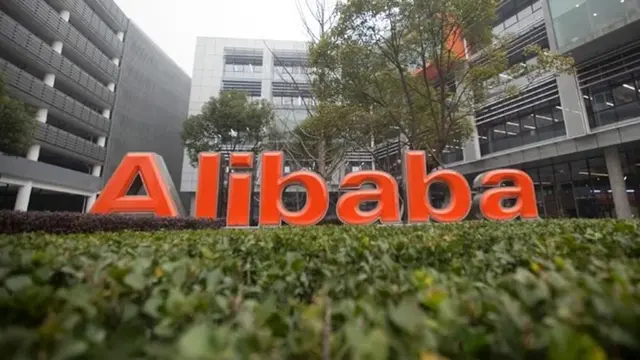03:03

The latest list of stocks eligible to trade on the Hong Kong Stock Connect scheme was announced yesterday, and as expected, Chinese e-commerce giant Alibaba Group was not included, despite the company's secondary listing on the Hong Kong bourse in November. That dashed the hopes of legions of mainland investors hoping to trade the stock, and who must now wait for some difficult regulatory issues to be resolved.
Alibaba's current valuation in Hong Kong is some 4.6 trillion Hong Kong dollars (592 billion U.S. dollars), but given that the company's main listing is in New York, it is subject to the supervision of the New York Stock Exchange. As such, its listing reviews and information disclosure are significantly different from other firms in the stock connect program. There are other regulatory concerns as well.
"Because of the accounting system, when it comes to reporting company's earnings, it can use U.S. or European accounting rules to report its earnings. And also considering delisting risk, because the procedures for this type of company to delist is much easier than other companies," said Jimmy Zhu, the Chief Strategist at Fullerton Research.
Alibaba's listing in Hong Kong was the biggest the special administrative region had seen in almost a decade, and it has gained around 23 percent in value since then. Analysts said that it's not Alibaba that wants approval to trade on the stock connect - for the company itself, that would be just be a bonus.
"It won't have much effect on the company's fundamentals or its investment value in the longer term. And it doesn't have much effect on Hong Kong's capital market one way or the other," said Li Yuze, the Senior Fixed income Analyst at China Merchants Securities.

Li Yuze, a Senior Fixed-income Analyst in China Merchants Securities. /CGTN
For Chinese mainland investors, however, it is a big deal. The stock connect program has become a major way for mainland investors to diversify their portfolios, and they make up the largest proportion of investors in the stock connect schemes. Data from China Merchants Securities show that the transaction volume of mainland investors trading Hong Kong stocks via the Shanghai-Hong Kong Shenzhen-HK connects came to 750 billion yuan in 2018, and the amount is more than 1 trillion yuan as of now. And many of them were looking forward to trading Alibaba shares as well.
"Other than the stock connect programs, investors can also purchase fund products or trade on the Hong Kong Exchange directly. But it's difficult to get much return from fund products, and the investment procedures aren't transparent enough. For direct investments, the transaction fees are higher than that of the stock connect programs, and they also involve foreign exchange," Li further elaborated.
All of these problems could be avoided if only local investors could deal directly in Alibaba's Hong Kong shares on the stock connect. Hong Kong's exchange has proposed to the Chinese Securities Regulatory Commission changes to the stock connect rules that would allow this to happen, and is now waiting for a reply from Beijing. Chinese mainland regulators have shown willingness to relax similar regulations in the past. Last year for the first time, China green-lit smartphone maker Xiaomi and food delivery giant Meituan Dianping, both mainland firms with a primary listing in Hong Kong and weighted voting rights, for entry into the stock connect program.
 简体中文
简体中文





